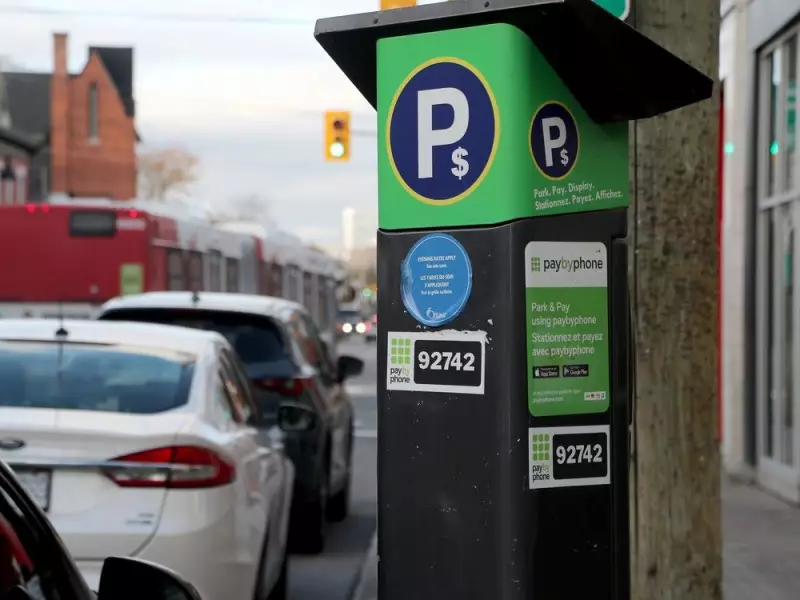
Ottawa residents and visitors are facing a new digital threat that turns routine parking into a financial nightmare. Cybercriminals have deployed a sophisticated scam targeting parking payment machines across the city, using technology that preys on our increasing reliance on QR codes.
The Scam Operation
The scheme is deceptively simple yet alarmingly effective. Scammers place professionally printed fake QR code stickers directly over the legitimate codes on parking payment machines. These counterfeit codes are virtually indistinguishable from the real ones to the untrained eye.
When unsuspecting drivers scan these fraudulent codes with their smartphones, they're redirected to convincing fake payment portals that mimic legitimate parking payment systems. The sites capture sensitive financial information, including credit card details, putting victims at risk of unauthorized transactions and identity theft.
Why This Scam Works
The success of this fraud relies on several factors:
- The widespread adoption of QR codes for payments has conditioned people to scan without suspicion
- High-quality printing makes the fake stickers look official
- Busy parking situations lead to rushed decisions
- Sophisticated fake websites that appear legitimate
Protection Strategies for Drivers
Security experts recommend these essential precautions:
- Always verify that QR codes aren't stickers placed over the original
- Look for slight color variations or edge irregularities around the code
- Check the website URL carefully before entering any payment information
- When possible, use official parking apps instead of scanning codes
- Report any suspicious codes to parking authorities immediately
Broader Implications
This incident highlights a growing trend of physical-digital hybrid scams where criminals bridge the gap between the physical world and cybercrime. As QR codes become increasingly integrated into daily transactions, the potential for similar scams multiplies across various sectors.
Ottawa authorities are investigating the incidents and working to remove the fraudulent stickers, but the ease of deployment means vigilance remains the best defense for consumers.






